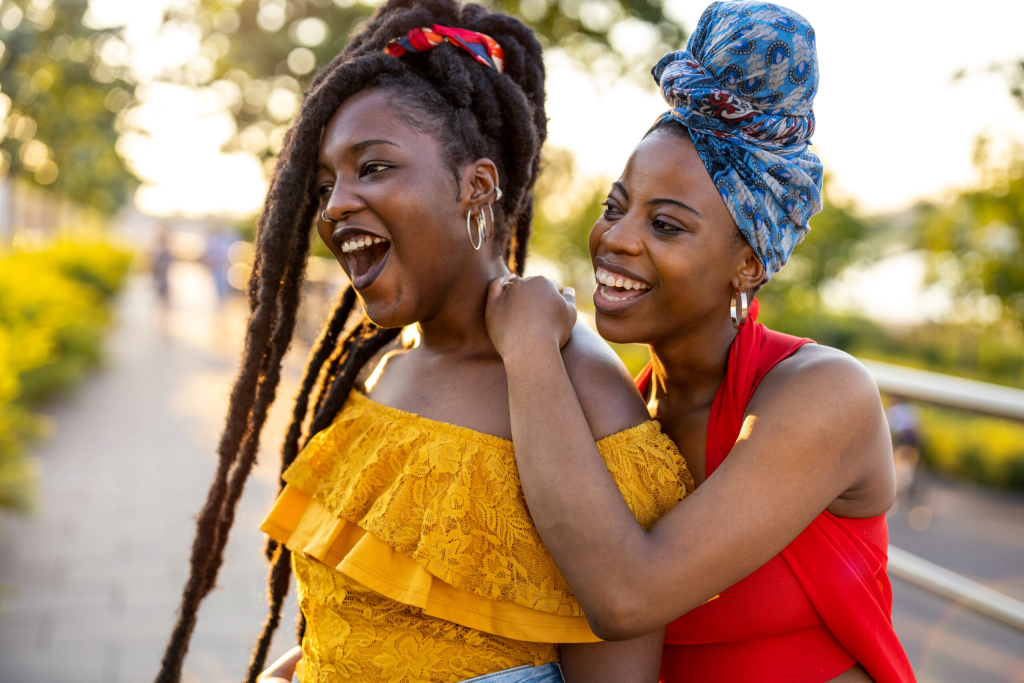
For decades, Black queer women were erased from the record or forced to hide their truth. Now, that silence is being shattered by a radical chorus of voices, every single one of them bearing witness that living can indeed be an act of radical leadership. These women are not only thriving in their domain they’re remaking it, making space for others to join.
From Oscar-winning actors to Olympic gold medalists, their achievement transcends entertainment, politics, sports, music, and activism. They’ve brought visibility personal into a force for change in culture, showing young Black LGBTQ+ people they don’t have to abandon one identity to achieve another. Each narrative in these pages is a blueprint to courage, creativity, and collective action.
These are 12 legendary Black lesbian public figures whose legacy far surpasses their CV. They’re breaking glass ceilings, opening up possibilities, and reminding the world that representation is not just symbolic it’s revolutionary.
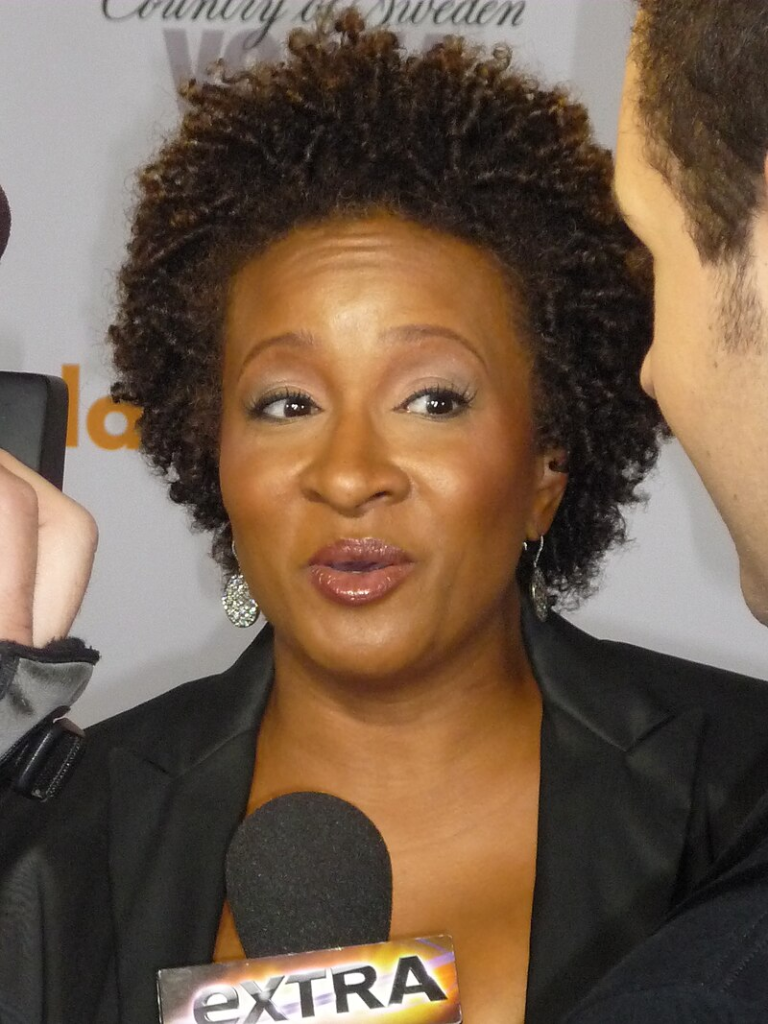
1. Wanda Sykes: Comedy With a Cause
Wanda Sykes is a comedic genius at making us laugh and think. A winning Emmy comedian and writer, she’s applied her sharp mind to shows like “The Chris Rock Show”, “The New Adventures of Old Christine”, and “The Upshaws”. Her stand-up specials regularly include stories of family life and real-life events, leaving space for intelligent discourse on equality.
Offstage, Sykes is a vocal advocate of marriage rights and anti-discrimination laws. She supports organizations that work on behalf of LGBTQ families and platforms herself to bring attention to policy changes that affect them. Through the use of humor and activism, she’s demonstrated comedy can be both entertaining and socially conscious as well.
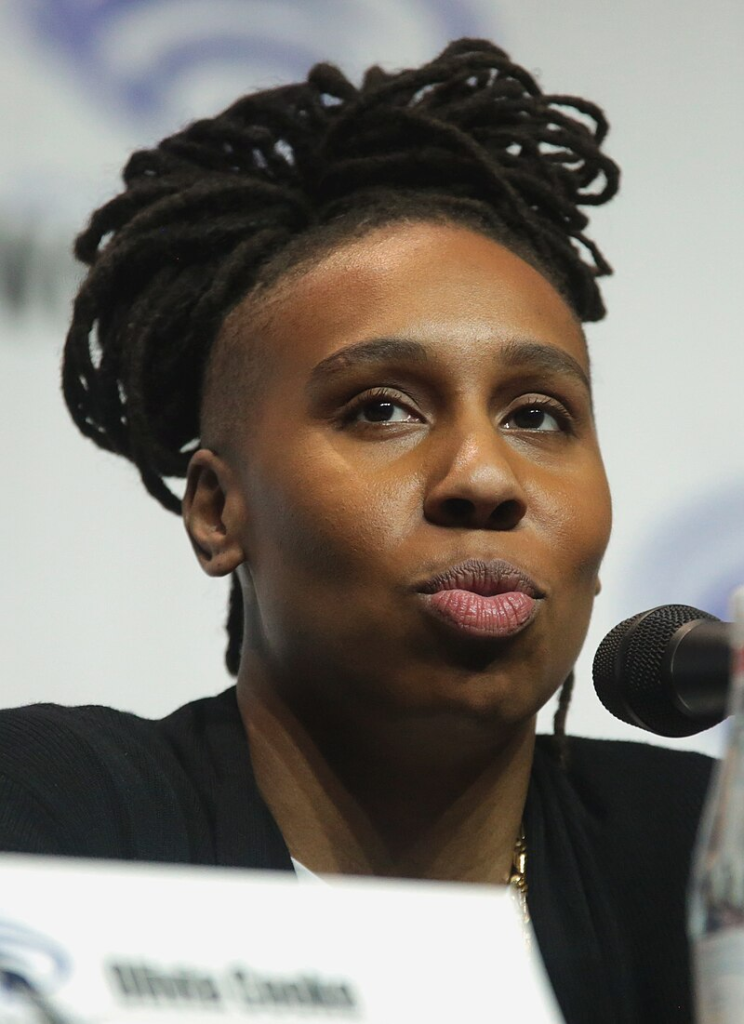
2. Lena Waithe: Redefining Hollywood’s Script
Lena Waithe has reordered what is possible for Black queer TV storytelling. As the creative mind behind “The Chi” and “Twenties”, she’s put stories front and center that describe the richness of Black LGBTQ existence. Her Emmy-winning writing for “Master of None” incorporated thoughtful lesbian characters into mainstream television without depending on stereotypes.
Through Hillman Grad Productions, Waithe invests in programs that bring underrepresented creators together with industry opportunities. By subsidizing short films and apprenticeships, she’s establishing pipelines for diverse behind-the-camera talent providing the next generation of writers with the tools and the platform to thrive.
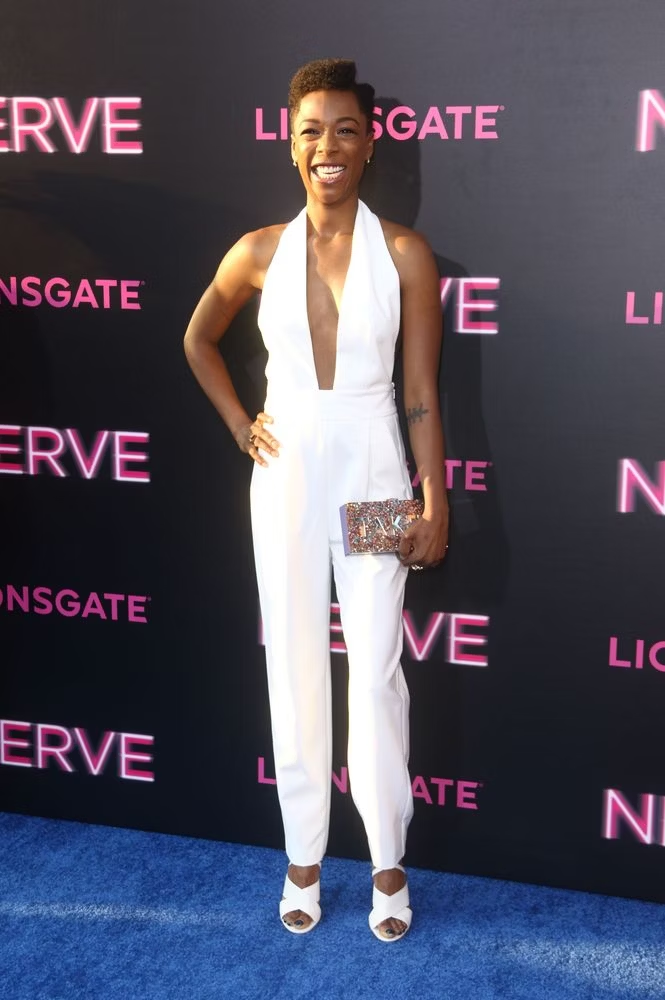
3. Samira Wiley: Breaking Ground in Prestige TV
Samira Wiley’s portrayal of Poussey Washington in “Orange Is the New Black” was a cultural reference point, sparking conversation around representation and justice. She has gone on to critically acclaimed performances on “The Handmaid’s Tale”, making Black LGBTQ actors more visible in leading roles.
Wiley is also a voice for youth safety issues, legal rights, and mental health. Her efforts encourage studios to hire LGBTQ talent in every department, making her presence felt on- and off-camera.
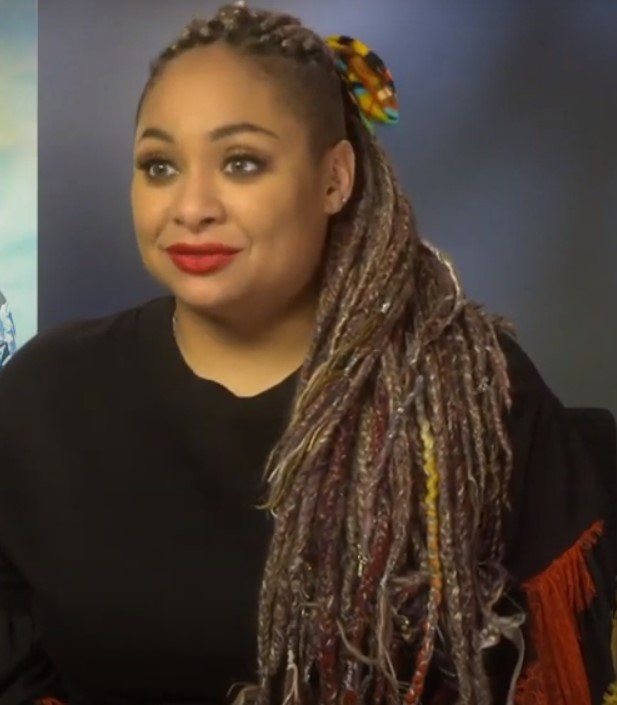
4. Raven-Symoné: Leading With Authenticity
Raven-Symoné lived her entire life in the spotlight, a face all families were familiar with from “That’s So Raven”. She now leads a multigenerational audience through “Raven’s Home”, with an influence that extends far beyond the page.
She’s used platforms like “The View” to talk about privacy, consent, and creating safe spaces for LGBTQ youth. Her promotion of arts education and mentorship programs offers training and scholarship for young performers especially those in underrepresented groups
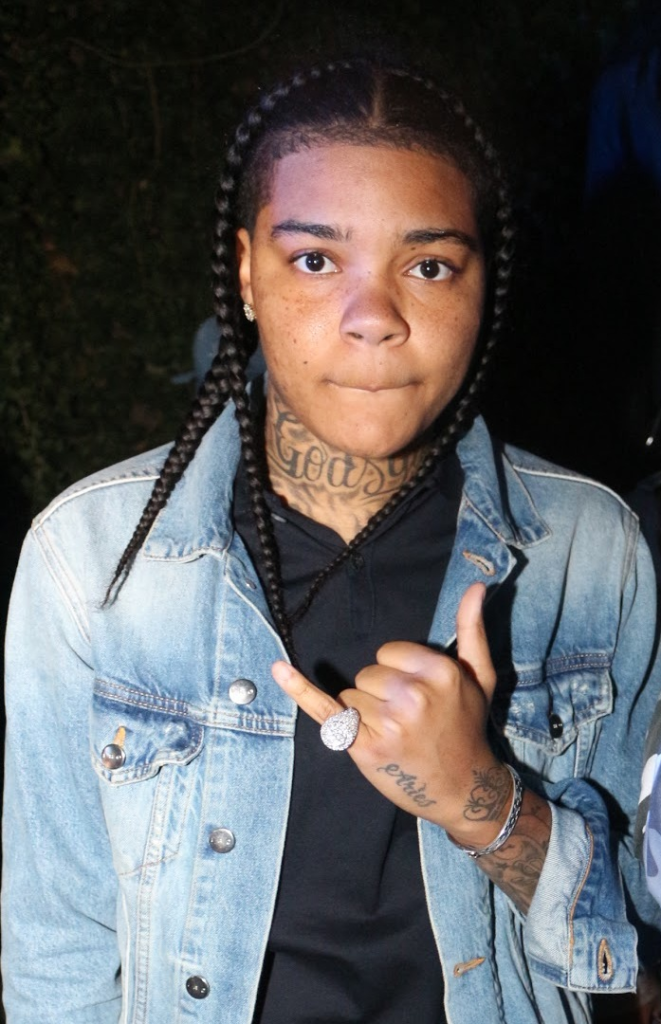
5. Young M.A: Hip-Hop on Her Own Terms
Young M.A burst onto the music charts with a multi-platinum hit and has stayed independent to maintain command of her artistic output. Her videos boldly feature queer stories, counteracting the heteronormativity of typical rap.
Outside of music, she counsels aspiring artists and supports community programs providing stable housing to LGBTQ teens. Her activism does have a tendency to focus on tangible needs like clothing drives and school supplies indicating that success can be applied as a force for grassroots organizing.
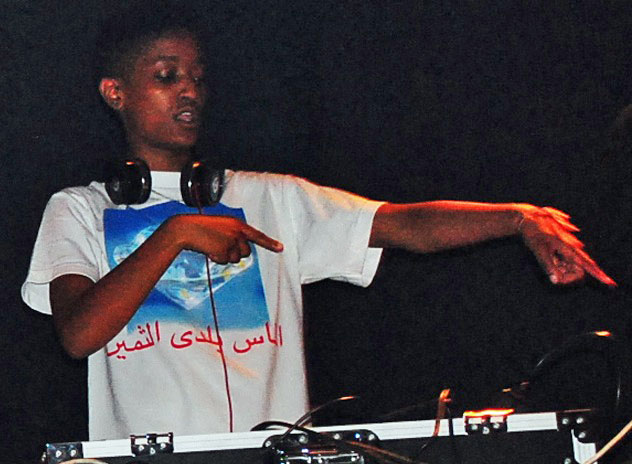
6. Syd: Shaping the Soundscape
As a singer, songwriter, and producer for The Internet, Syd took bold steps that opened up neo-soul and R&B to new avenues, earning her much award recognition in the process. Her solo works include electronic, soul, and pop, all of which showcase her range.
Syd is also outspoken about increasing women’s and queer artists’ access to studios. Through workshops and collaborations, she’s attempting to diversify the music production side, an area where LGBTQ representation remains in short supply.
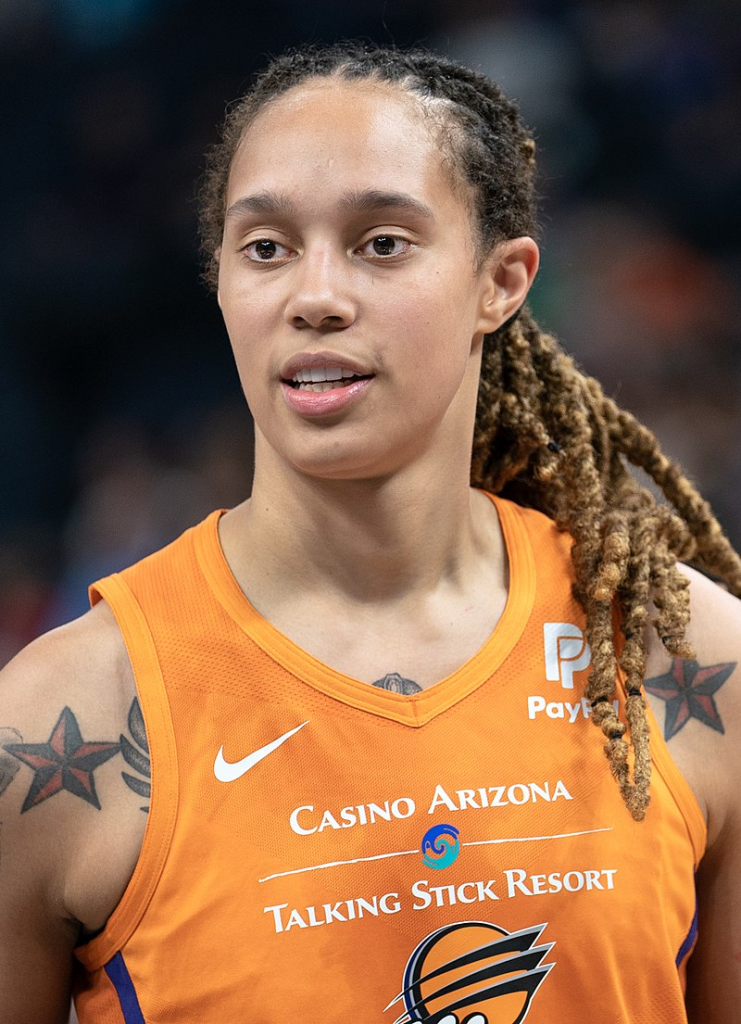
7. Brittney Griner: Champion On and Off the Court
Brittney Griner is just a WNBA championship winner and two-time Olympic gold medalist she is an LGBTQ sports pioneer. Her on-court success with the Phoenix Mercury has brought in new fans and sponsors to women’s basketball.
Griner uses her voice to battle for fair treatment of athletes and better mental health care in sports. Her visibility confronts entrenched homophobia in sports and inspires young athletes to play without feeling forced to hide.
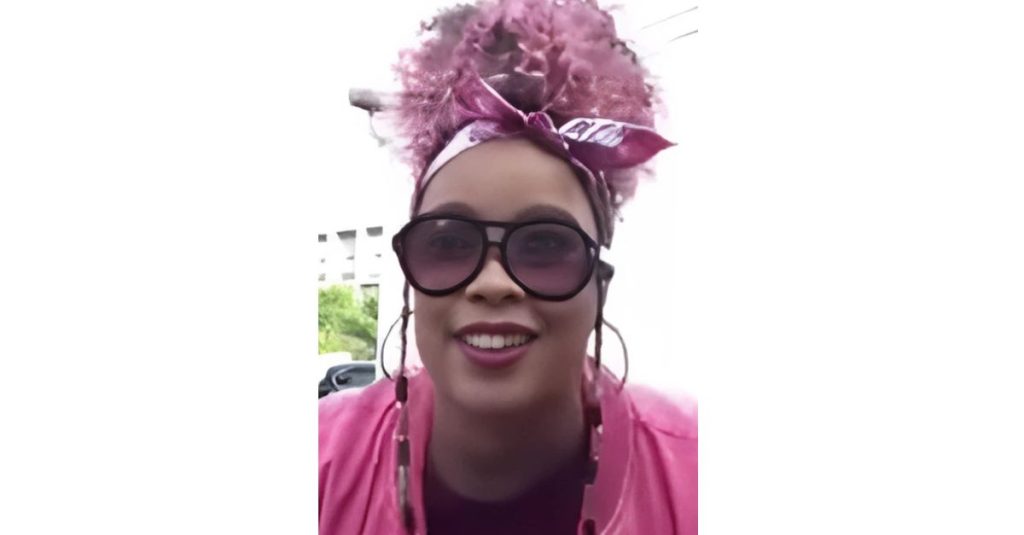
8. Da Brat: Hip-Hop History Maker
Da Brat made music history as the first solo female rapper in America with a platinum album. She has had a career of charting hit singles, TV appearances, and radio talk shows.
She has spoken candidly on acceptance in hip-hop and the business realities of touring. By assisting programs that teach young artists contracts, money, and branding, she’s empowering the next generation with what they need to thrive within the industry.
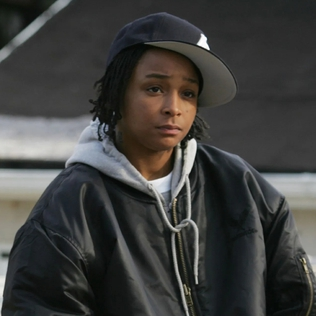
9. Felicia Pearson: Streets to Screen
Felicia Pearson’s unforgettable turn as Snoop on “The Wire” lent gravitas to one of television’s greatest dramas. She has gone on to work on films, music videos, and live readings.
Pearson speaks to students and community groups about discipline and professionalism, showing how consistent work can turn small breaks into prosperous careers.
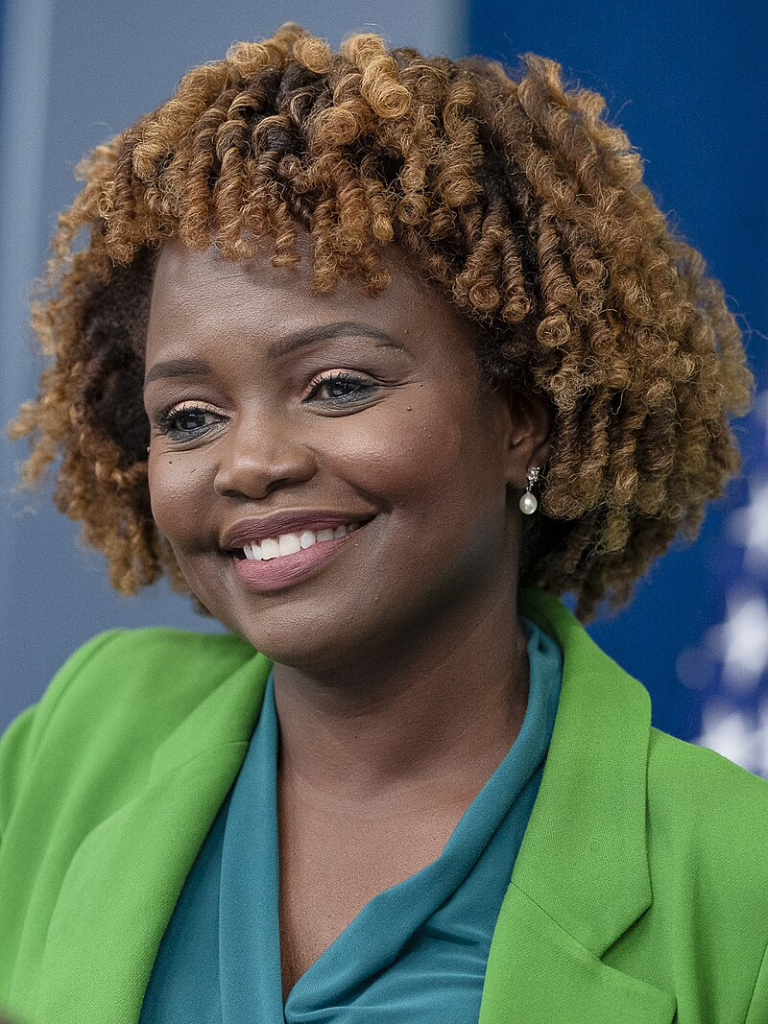
10. Karine Jean-Pierre: Breaking Ground at the Podium
Karine Jean-Pierre was among the most public face communications officials of the U.S. government while White House Press Secretary. She has expertise in campaign strategy, media commentary, and education.
She’s also published extensively on civic involvement and voter accessibility, and mentors emerging journalists and spokespeople. Through advancing diversity in newsrooms, she’s striving to make a media universe that better reflects the public it serves.
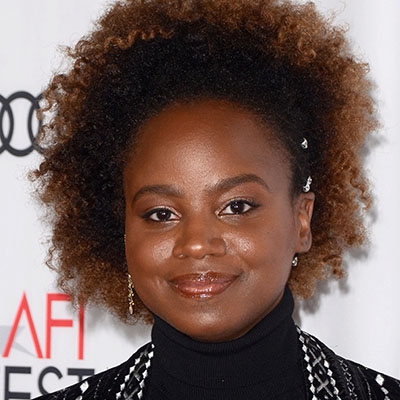
11. Dee Rees: Visionary Filmmaker
Dee Rees has directed some of the most important Black queer cinema of the past decade, including “Pariah”, “Bessie”, and “Mudbound”. Her films have earned wide-scale award nominations and inclusion in film school curricula around the world.
Rees consults emerging filmmakers on everything from scriptwriting to festival strategy, so independent voices can reach international audiences.
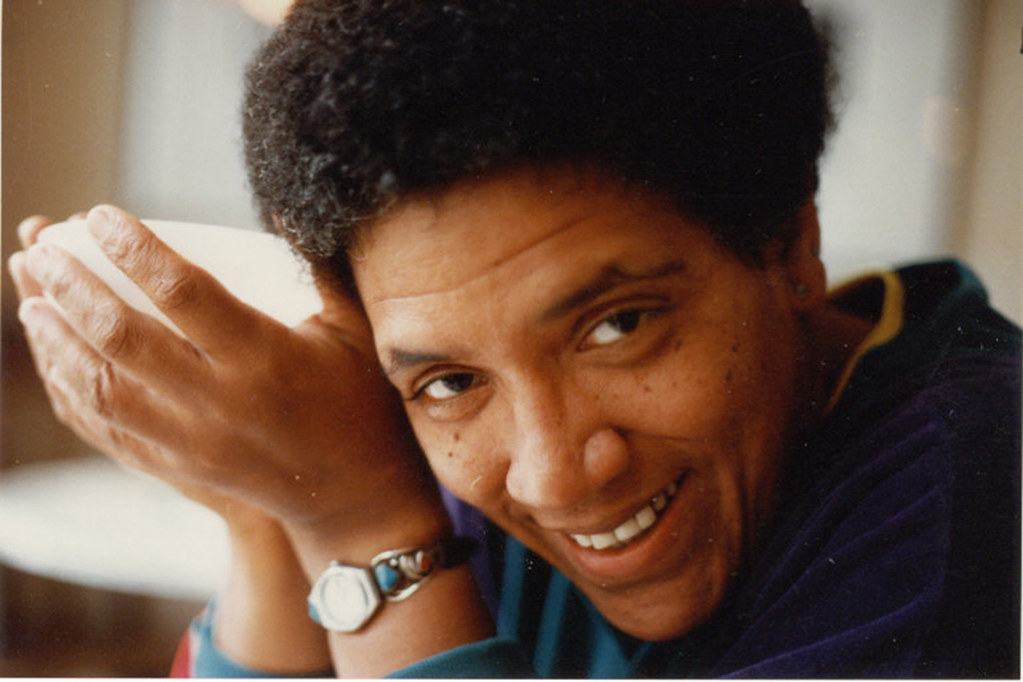
12. Audre Lorde: The Eternal Blueprint
Though she passed away in 1992, Audre Lorde’s legacy is timeless. Referring to herself as being a “Black, lesbian, feminist, mother, poet, warrior,” her works like “Sister Outsider” and “Zami” remain at the forefront of race, gender, and sexual discourse.
Lorde co-founded writers’ organizations for writers of color and built publishing networks outside of mainstream sources. Her assertion that “silence would not save us” continues to be a call to action for activists and artists today.
These women show us that visibility is not enough representation is about creating lasting change. By being out and leading the way, they’ve changed what’s possible for Black lesbian public servants in all arenas. Their stories are a reminder that when walls fall, whole communities rise.


